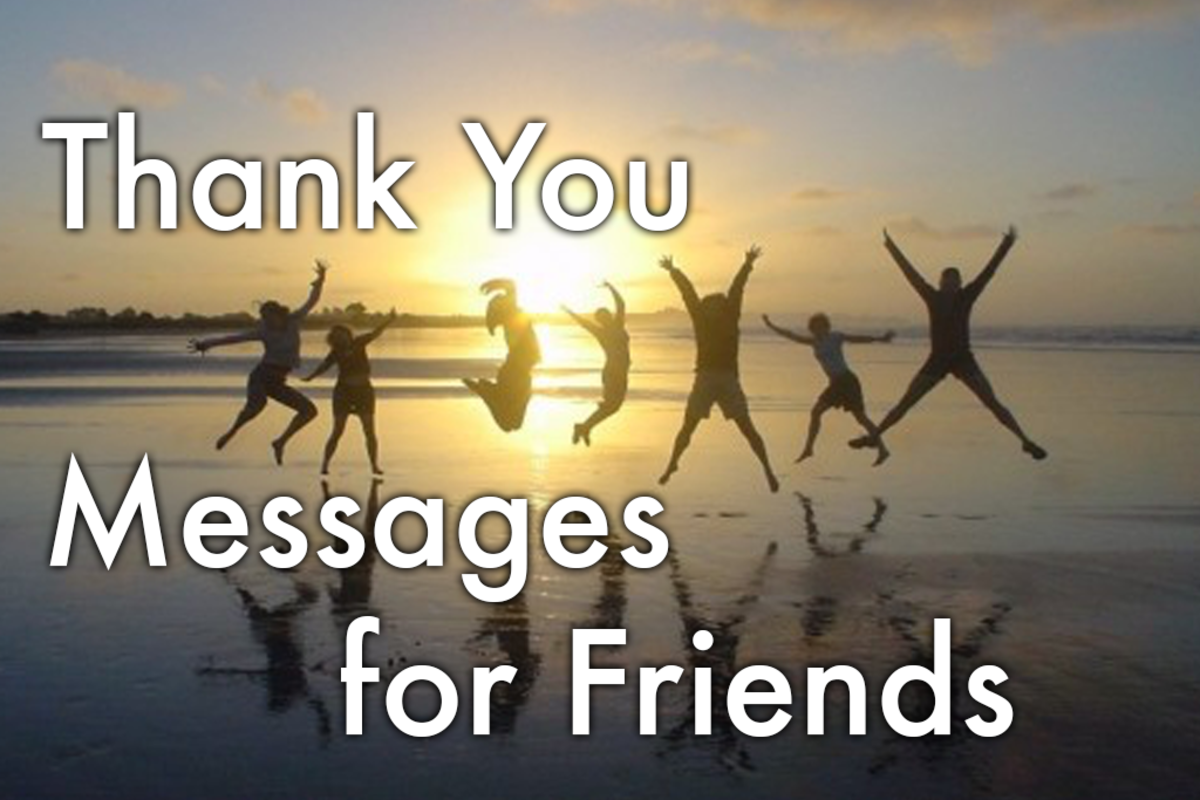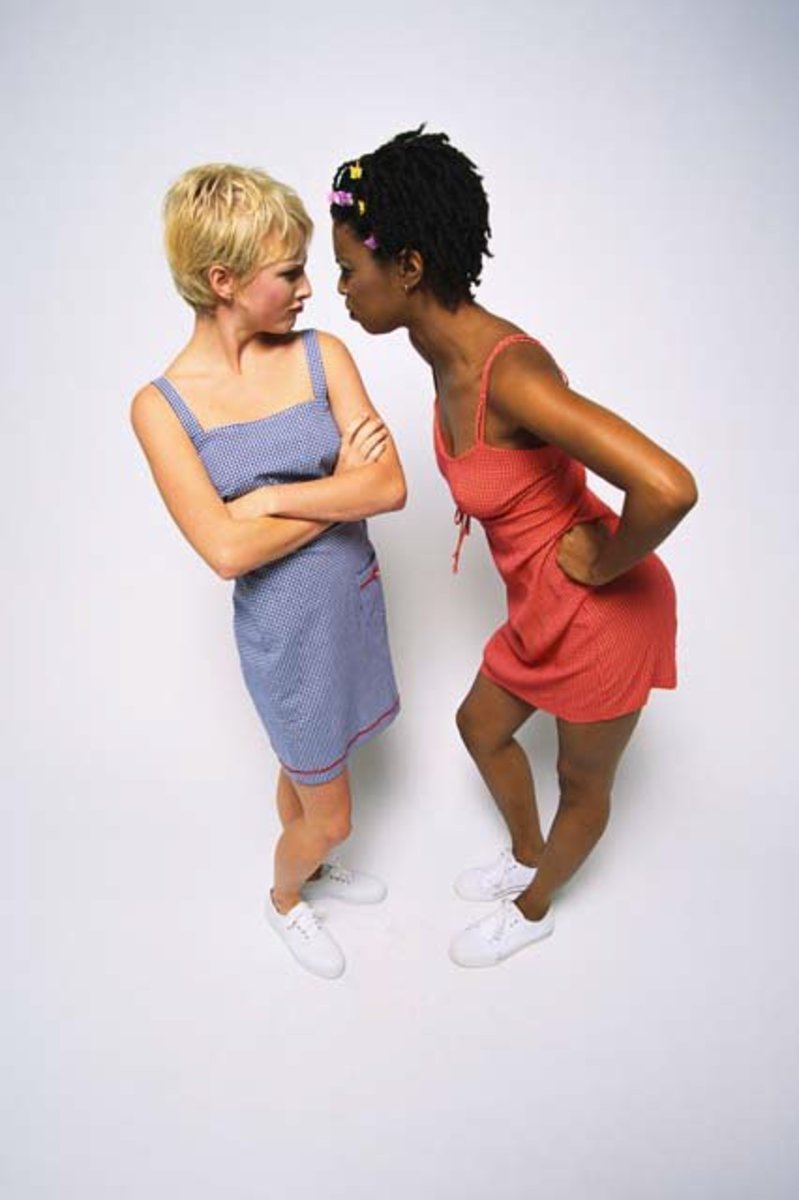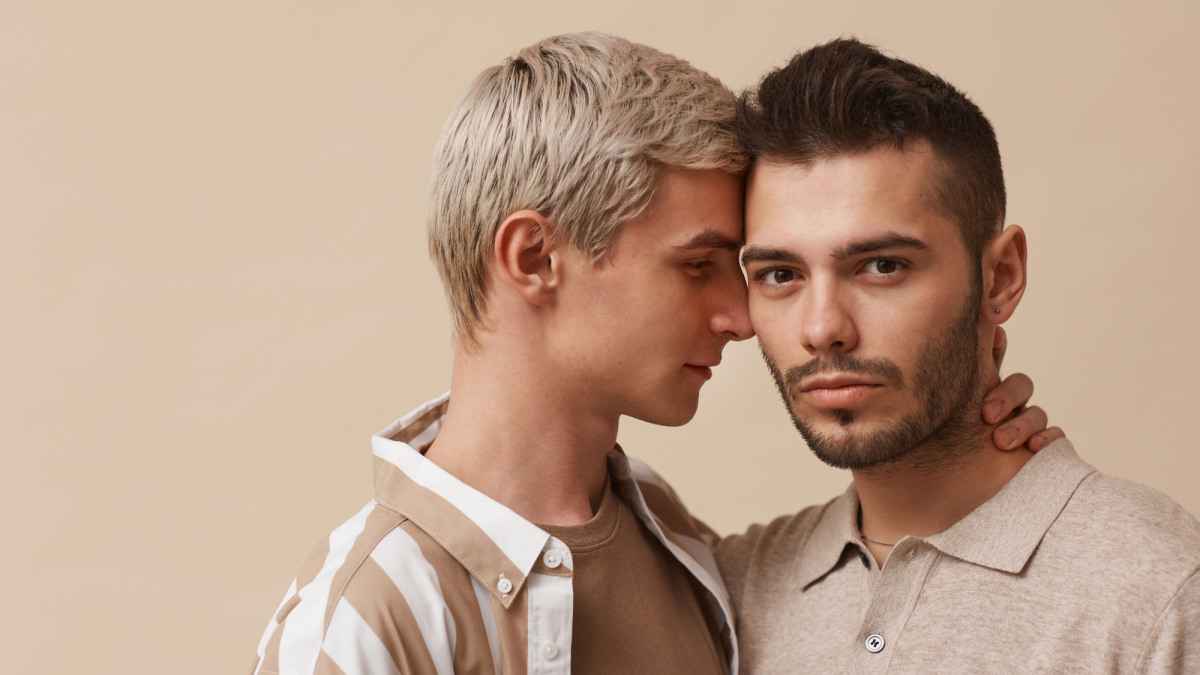What To Do If A Friend Comes Out As Gay

"Help! My best friend came out to me!"
If you have a friend who just came out as gay, you may be concerned about saying the right thing or how to show your support. First of all, you should realize that your friend has chosen to tell you because you've proven yourself trustworthy and a good listening ear as well as a shoulder to lean on.
Educating yourself is the most important step to take now that your friend came out as gay. Here are a few tips and resources to get you started.
Being gay is not a problem for you to solve.
Your friend told you they are gay because they trust you and need to someone to listen. They likely do not need advice, your political opinions, religious beliefs or recommendations. Regardless of your friend's feelings about their sexuality, I guarantee you they have researched the topic much more than you have, and they know their own feelings better than you do. Don't try to convince them they're not gay or give them the third degree over their sexuality. Treat this like you would treat any other confidence in your friendship and try to put yourself in their shoes.
Some of the worst questions straight people ask when their gay friends come out include:
But aren't you afraid you'll go to Hell?
There are thousands and thousands of gay Christians worldwide, as well as gay people of a variety of other faiths. We lead rich spiritual lives and do not believe we are going to be eternally damned because of our love for another soul. If your gay friend is an atheist or an agnostic, I'm afraid you may have just lost all their respect. Would you go up to someone who is divorced and remarried and ask them if they're afraid of going to Hell? If not, please use the same judgment and etiquette with your gay friend as you would use with anyone else.
Are you SURE you're really gay?
Yes. They are sure. They wouldn't have bothered telling you otherwise and, in the unlikely event that they're not sure, badgering them about it isn't going to help. In no case has a gay person been asked this question and responded with, "Wow, you know, now that you put it that way, I guess I'm really NOT gay!"
But how do you really KNOW if you've never been with someone of the opposite gender?
This one is perhaps the most logically absurd and yet most commonly asked question when someone first comes out. You are straight. You've never had sex with or dated a person of the same gender, have you? No? Then how do you know YOU aren't straight? Because you just know? Exactly. End of story.
But you said you had a crush on that one boy/girl that one time at the sixth grade summer retreat. What happened?
Sexuality is a complex thing. When you factor in that we live in a world where everyone is straight until proven gay, it gets even more confusing for LGBT youth. Many of us go through transitional stages of talking about the opposite sex and even have straight dating relationships while we're in the process of coming out to ourselves. This does not invalidate your friend's gayness in the same way that straight adults who had crushes on their same gender friends or experimented in younger days are not any less straight.

Why don't you just give it time?
Leave any words or phrases that imply your friend's sexuality is just a phase out of your vocabulary. Most people wait until they're at least relatively sure of their own sexuality to begin telling others and speaking openly about it. Unless your friend acknowledges that they are uncertain, implying that they are is just insulting and suggests that they haven't put much thought into something that affects them so deeply.
What do you think made you gay?
Again, if you can't answer the question of what made you straight, don't ask the same question of your gay friend. It's not productive and sounds ignorant. We simply can't be anything other than what we are and life is too short to try.
Is my gay friend in love with me?
Now that your friend has come out, you may be wondering, ''Is my gay friend in love with me?" The answer is no, your gay friend is probably not in love with you. It's possible, but unless you have some reason to think this other than the fact that your friend just came out as gay, chances are very low that they are in love with you.
LGBT people are presumed straight until proven gay in the world we live in. This means that most of us, like most straight people, grow up with friends of mostly the same gender. We develop close attachments to those friends, like anyone else, and those attachments can sometimes turn into crushes or deeper feelings.
However, there is no reason to assume that your gay friend is in love with you or has any romantic attractions towards you at all just because they are gay. I have plenty of straight female friends and I've never felt even the slightest romantic attraction towards them. Gay people are just as capable as straight people of having healthy, platonic friendships with people who belong to the gender they are attracted to.
How should I treat my gay friend now that they came out of the closet?
Treat your gay friend the same way you treated them before they came out of the closet. All the qualities that made your friendship work are still there. Your gay friend is still the same person they were before they came out of the closet. The only difference is that you know more about who they really are. Hopefully a lot of things now make sense, too, such as why he doesn't check out the girls you like at parties or why she never talks about boys. If handled with maturity and understanding, the experience of having a gay friend come out to you can improve your friendship and bring you both closer together.
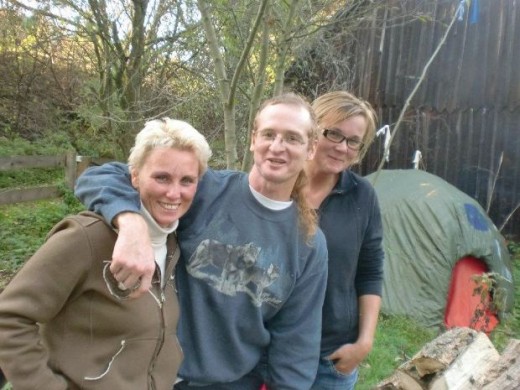
How should I treat my gay friend's boyfriend or girlfriend?
This is one of the toughest topics for straight allies to face. You may feel that you have to tiptoe around the subject of your gay friend's partner, but this isn't so. Just uphold the usual boundaries that are already in place for your friendship. If you think their relationship isn't good for them, say something just the same as you would if they were straight. Gay relationships are flawed just as straight relationships are. We all have the same ups and downs because a relationship is simply two people trying to find a way to enjoy life together. We all need friends to keep us grounded and tell us the truth about our relationships, gay or straight.
As far as your personal interactions with your friend's partner go, treat them just like you would anyone else: with courtesy, respect and an open mind. Get to know them and respect the same boundaries you would want your friends to respect with your significant other. If you're a straight girl and your lesbian friend has her girlfriend over, don't parade around in your undies if you wouldn't want her doing so in front of your boyfriend. If you're a straight guy, don't joke about lewd things in front of your gay friend's boyfriend if you wouldn't want him to do so in front of your girlfriend. By the same token, your gay friend should respect any boundaries you may have as well.
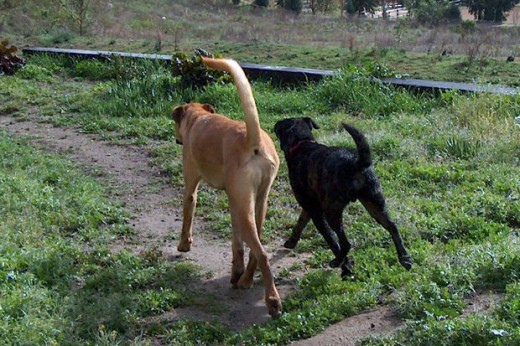
Can I still tell gay jokes?
If they're funny and they don't offend your friend, sure! Why not? I enjoy a good gay joke as the next person. "What did the lesbian bring to her second date? A moving van." That one gets me every time.
Relationships are funny. People are funny. Gay people are no exception. As long as the joke isn't mean-spirited and you know for certain your friend will find it funny and not hurtful, we're not immune to humor any more than the rest of the population. Overly modifying your behavior once your gay friend comes out to you may leave them feeling like you're walking on eggshells or uncomfortable to be around them.
Respect your gay friend as you respected them before they came out to you. Laugh with them as you laugh with all your other friends. Share life with them, because gay or straight, that's what friendship is all about. Don't get so hung up on the "gay" half of the term "gay friend" that you lose sight of the fact that they are still your friend.
In conclusion...
Gay people in general tend to be fairly decent judges of character. It's not an inborn trait but rather one gained through years of having to analyze people and determine who will and won't accept us. We know what's in your heart.




